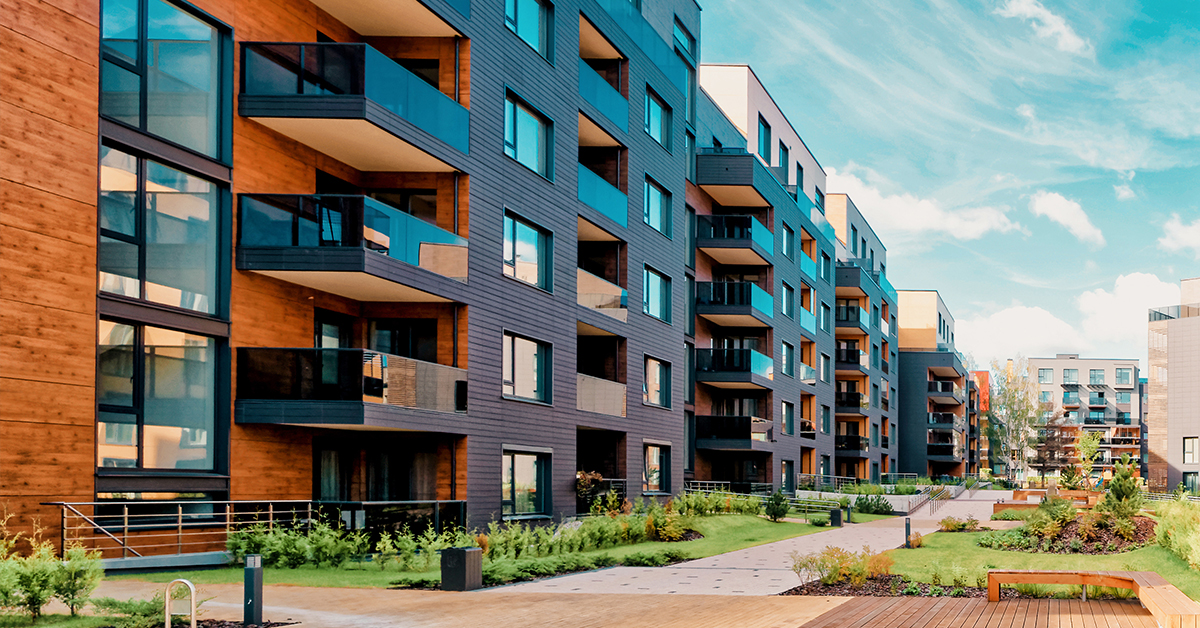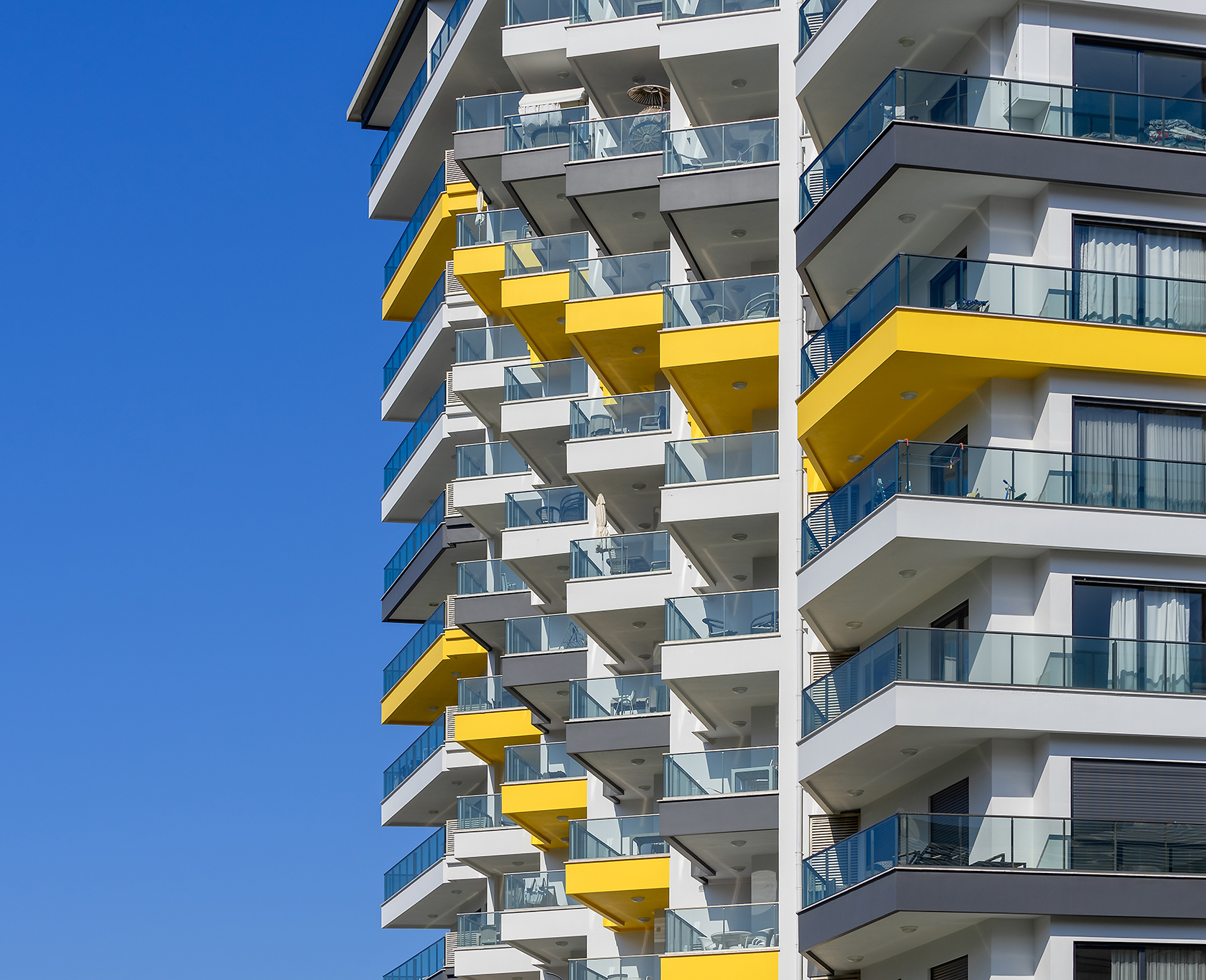The Duty of an HOA in Establishing and Enforcing Community Standards for Residents
The role of a Homeowners Organization (HOA) in applying and developing area standards is essential to preserving a cohesive and orderly household setting. By creating clear policies that regulate aspects such as home upkeep and community conduct, the HOA not just establishes requirements for locals but additionally cultivates a sense of belonging and accountability.
Understanding Home Owners Organizations
Homeowners associations (HOAs) work as controling bodies for domestic communities, playing a crucial duty in preserving home values and cultivating a sense of area. Commonly developed by developers, HOAs are made up of property owners within a marked location who choose a board to oversee the organization's activities. The key functions of an HOA consist of imposing area policies, managing typical areas, and arranging area events.
HOAs run under a set of controling files, consisting of problems, restrictions, and commitments (CC&R s), which describe the civil liberties and responsibilities of house owners. These regulations aim to make certain that residential properties are maintained to a specific requirement, therefore protecting the visual allure and overall value of the neighborhood. In addition, HOAs frequently gather charges from homeowners to fund maintenance, landscaping, and various other area solutions.
The presence of an HOA can considerably affect the living experience within an area (hoa condo). While some homeowners appreciate the structured environment and facilities supplied, others might discover particular laws limiting. Stabilizing the passions of all homeowners is important for an HOA to function efficiently, making sure that it serves its designated function of improving neighborhood living while appreciating individual property owner rights
Developing Community Guidelines

To begin, an HOA must perform studies or convene that permit homeowners to articulate their ideas and worries. This participatory procedure promotes a sense of ownership and increases compliance. Next off, the HOA board must analyze the feedback to recognize usual motifs and top priorities that call for official addition in the guidelines.
It is also important to guarantee that the guidelines are clear, concise, and conveniently recognized. Uncertainties can result in misunderstandings and disputes, threatening the objective of the guidelines. Additionally, the guidelines should be thorough, covering numerous elements of community living, consisting of property upkeep, noise levels, and usage of typical areas.
Enforcement of Guidelines
Effective enforcement of neighborhood guidelines is essential for preserving order and guaranteeing that all homeowners follow the established standards. An HOA must carry out a structured strategy to impose these laws, which commonly involves a mix of monitoring, communication, and fines for non-compliance.
First, routine examinations and neighborhood patrols can aid identify offenses, ensuring that policies are consistently applied throughout the neighborhood. This positive surveillance allows the HOA to attend to concerns before they intensify, cultivating a sense of responsibility amongst residents.
Second, clear interaction is essential. Locals need to be informed of the guidelines and the treatments for reporting offenses. An open line of communication encourages citizens to voice problems and look for clarification on guidelines, which can improve conformity.

Lastly, when violations take place, the HOA has to implement repercussions as described in the governing records. By successfully implementing guidelines, an HOA can cultivate an unified living atmosphere that reflects the cumulative values of its residents.
Advantages of HOA Laws
Various advantages develop from the execution of HOA guidelines, which serve to boost the lifestyle within a community. One key advantage is the upkeep of building values. By enforcing criteria for looks and upkeep, HOAs make certain that homes and common locations stay attractive, cultivating a desirable living setting that can result in raised residential property values gradually.
Additionally, HOA guidelines advertise consistency and uniformity within the area. This coherence in style and upkeep helps to produce a feeling of belonging among homeowners, contributing to neighborhood satisfaction and a positive environment. Established standards promote conflict resolution among next-door neighbors by giving clear assumptions and protocols for habits, consequently decreasing disputes.
One more considerable advantage is Read Full Article the stipulation of common amenities and services. Numerous HOAs handle neighborhood centers such as parks, swimming pools, and clubs, which boost entertainment possibilities for residents. These amenities not only improve the quality of life but also encourage social interaction.
Ultimately, the regulations stated by an HOA grow an efficient, unified neighborhood, making sure that citizens take pleasure in a high requirement of living while fostering a supportive environment for all homeowners.
Usual Obstacles Dealt With by HOAs
Amidst the benefits that home owners organizations (HOAs) can supply, they also run into a range of challenges that can prevent their effectiveness. Several house owners might not take part in conferences or neighborhood tasks, leading to a detach in between the HOA board and locals.
Another difficulty is the enforcement of regulations and policies. Disputes can develop when homeowners feel that enforcement is irregular or biased, potentially bring about conflicts within the neighborhood. Furthermore, HOAs usually face monetary restraints, which can limit their capability to keep common areas or fund area projects. This can produce discontentment amongst residents who anticipate high criteria of upkeep.
Additionally, browsing legal complexities can be intimidating for HOAs. They should guarantee compliance with state laws while managing their own controling records, which can be a resource of complication. Advancing and transforming demographics neighborhood needs require HOAs to adjust their standards, typically meeting resistance from long-standing homeowners who are accustomed to traditional standards. Attending to these difficulties is crucial for cultivating a unified and thriving community.
Verdict

By creating clear rules that regulate facets such as residential or commercial property maintenance and area conduct, the HOA not only sets requirements for homeowners but likewise cultivates a sense of belonging and accountability.Homeowners organizations (HOAs) offer as controling bodies for domestic neighborhoods, playing a crucial role in preserving residential property worths and fostering a sense of neighborhood. Lots of home owners might not participate in meetings or community activities, leading to a detach in between the HOA board and citizens. Transforming demographics and evolving community needs need HOAs to adapt their guidelines, commonly fulfilling resistance from long-lasting homeowners that are accustomed to typical standards. Via the growth of clear laws and regular enforcement, HOAs advertise building upkeep, area satisfaction, and depend on Extra resources among locals.
Comments on “Delve into the Financial Aspects of HOA Condo Living”